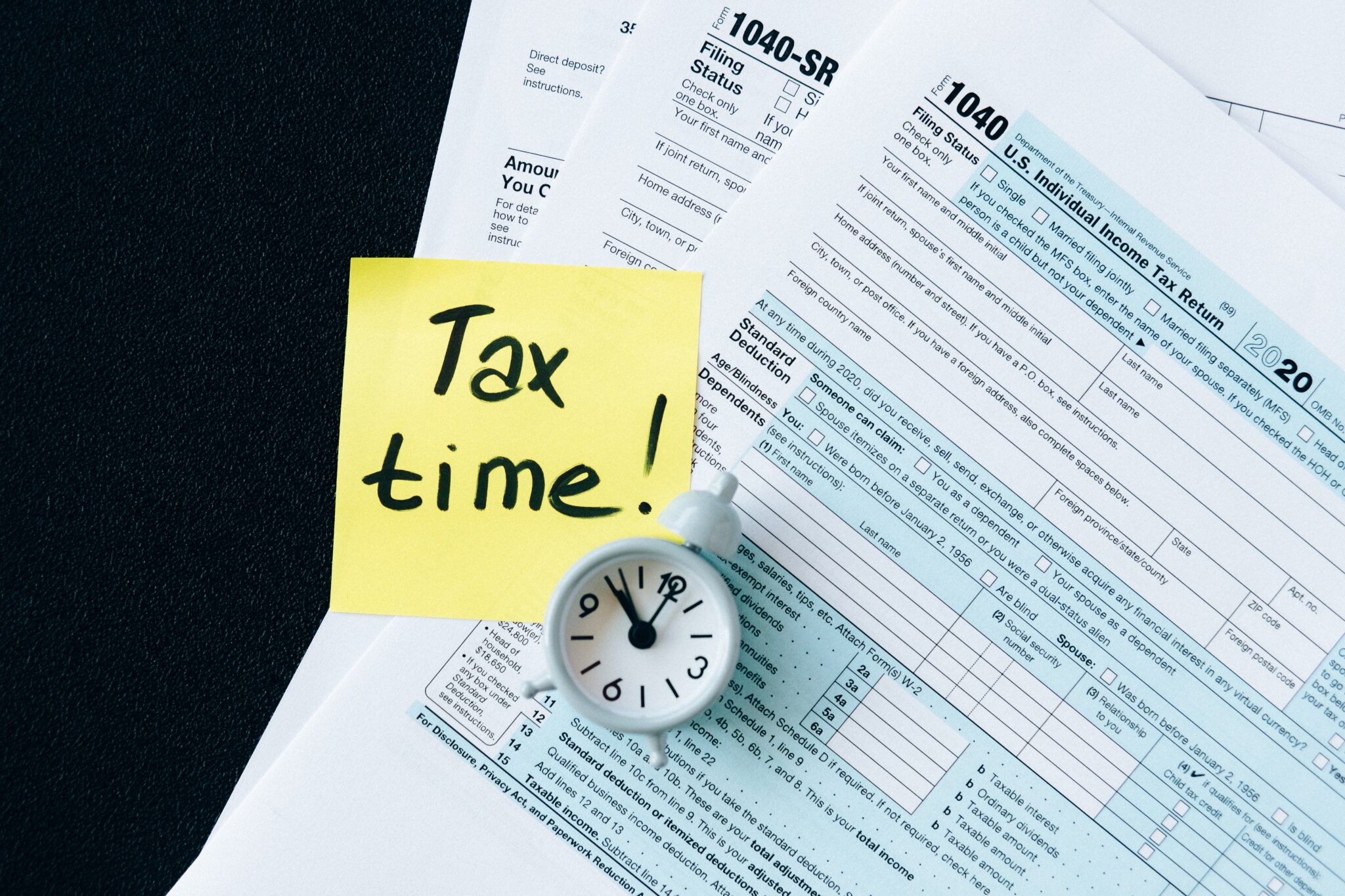
Dubai has emerged as a global hub for businesses of all sizes and industries. The city’s strategic location, investor-friendly policies, and favorable tax regime have attracted thousands of entrepreneurs and companies from around the world. However, like any other jurisdiction, Dubai has its own accounting and taxation regulations that businesses must comply with. In this blog post, we will discuss the key considerations for accounting and taxation in Dubai.
Accounting in Dubai:
All businesses in Dubai, regardless of their size or structure, are required to maintain proper accounting records. The accounting records must be accurate, complete, and up-to-date. They should include all financial transactions, such as sales, purchases, expenses, and payments.
The accounting records must be kept in accordance with the International Financial Reporting Standards (IFRS) and must be in the Arabic language. In addition, businesses must keep their accounting records for at least five years.
In Dubai, businesses are required to file their financial statements with the Dubai Department of Economic Development (DED) annually. The financial statements must be audited by a registered auditor in Dubai. The auditor must be registered with the Dubai Financial Services Authority (DFSA).
Taxation in Dubai:
Dubai has a favorable tax regime that attracts businesses from around the world. The city does not impose any corporate or personal income tax. However, there are other taxes and duties that businesses must be aware of.
Value Added Tax (VAT):
Dubai introduced the Value Added Tax (VAT) on January 1, 2018. The VAT is currently set at a rate of 5%. Businesses that have an annual turnover of more than AED 375,000 must register for VAT. However, businesses that have an annual turnover of less than AED 375,000 may also register voluntarily.
Excise Tax:
Dubai also imposes an excise tax on certain goods, such as tobacco products, energy drinks, and sugary drinks. The excise tax is currently set at a rate of 100% for tobacco products, 50% for energy drinks, and 50% for sugary drinks.
Customs Duty:
Businesses that import goods into Dubai must pay customs duty. The customs duty is calculated based on the value of the goods and the customs tariff. However, there are certain goods that are exempt from customs duty, such as medical equipment and supplies.
Conclusion:
In conclusion, businesses operating in Dubai must comply with the accounting and taxation regulations. It is important for businesses to maintain proper accounting records and file their financial statements with the DED annually. Additionally, businesses must be aware of the different taxes and duties that they may be subject to, such as VAT, excise tax, and customs duty. By complying with these regulations, businesses can operate smoothly and avoid any penalties or fines.
